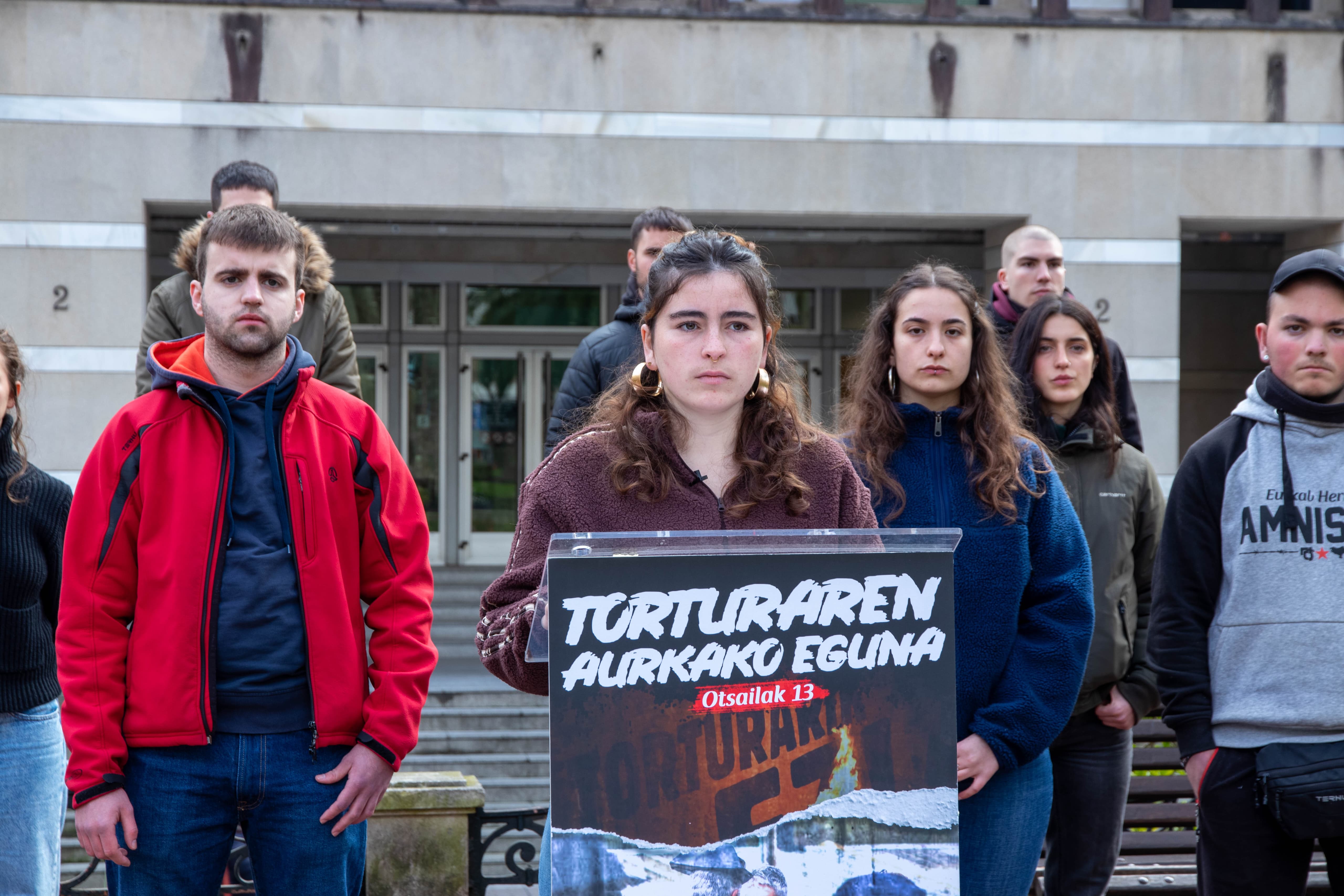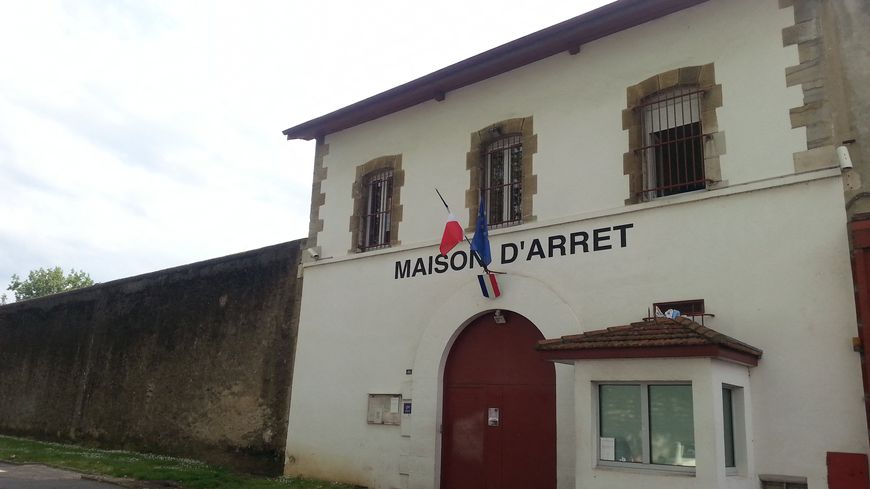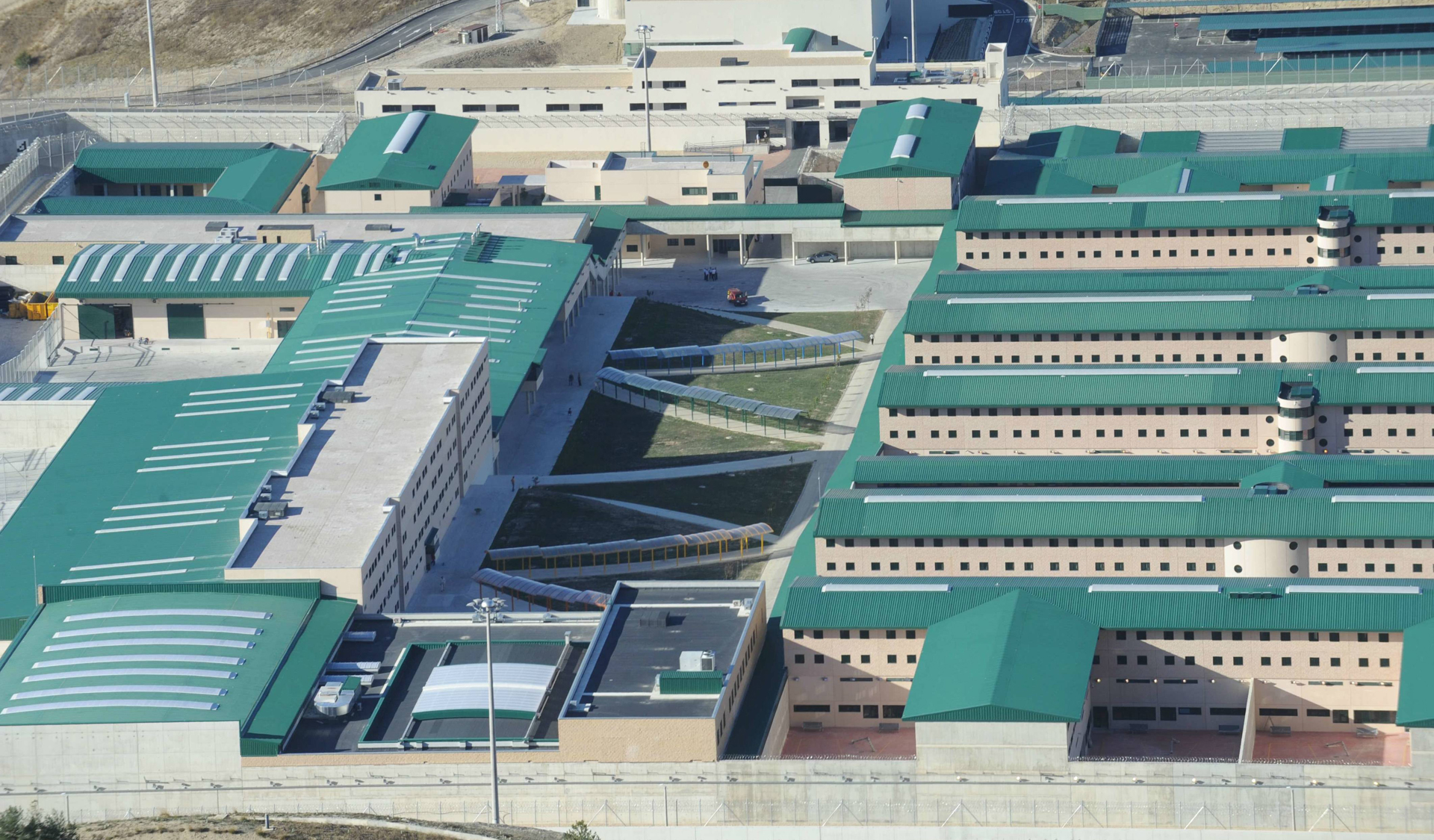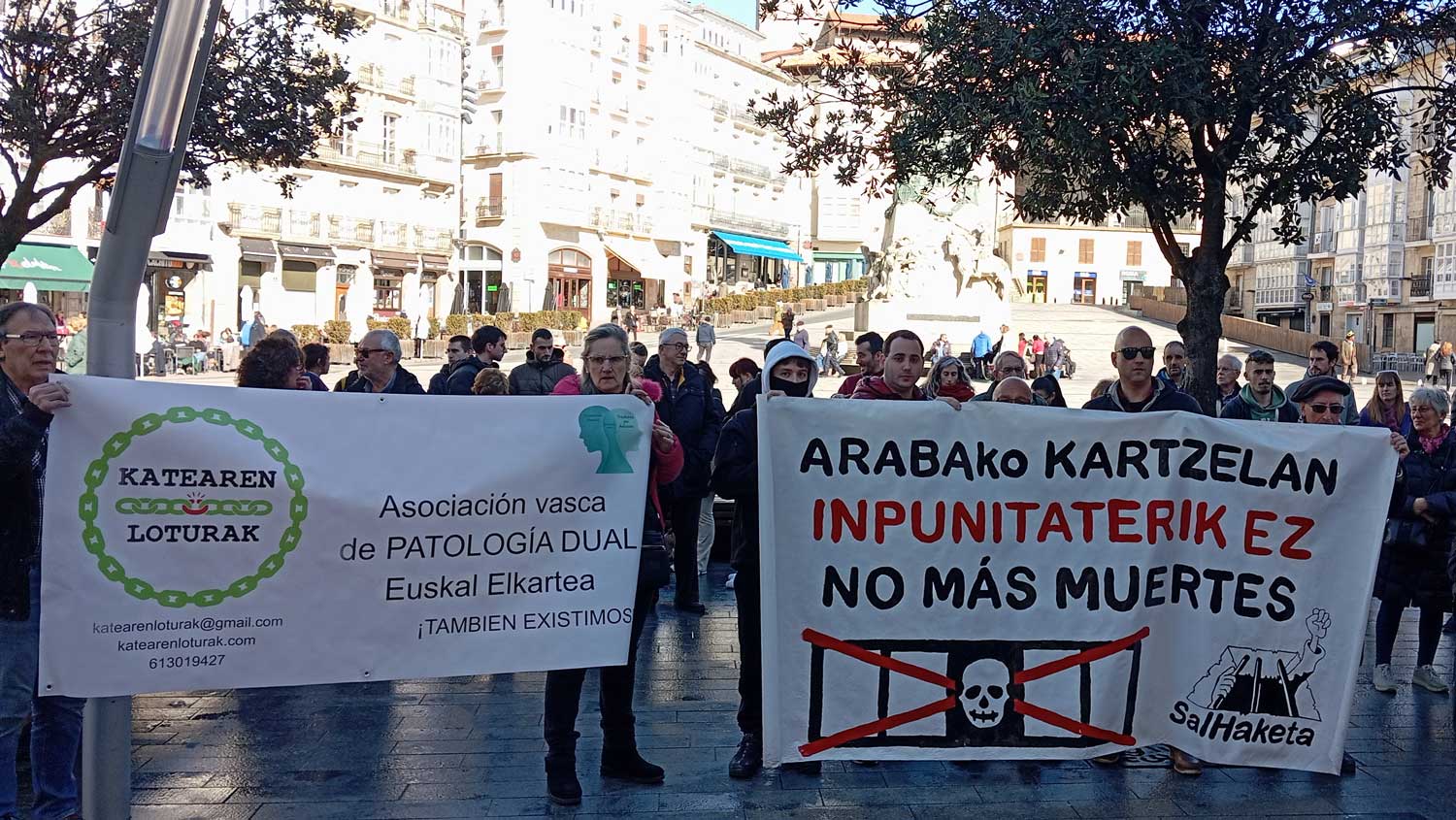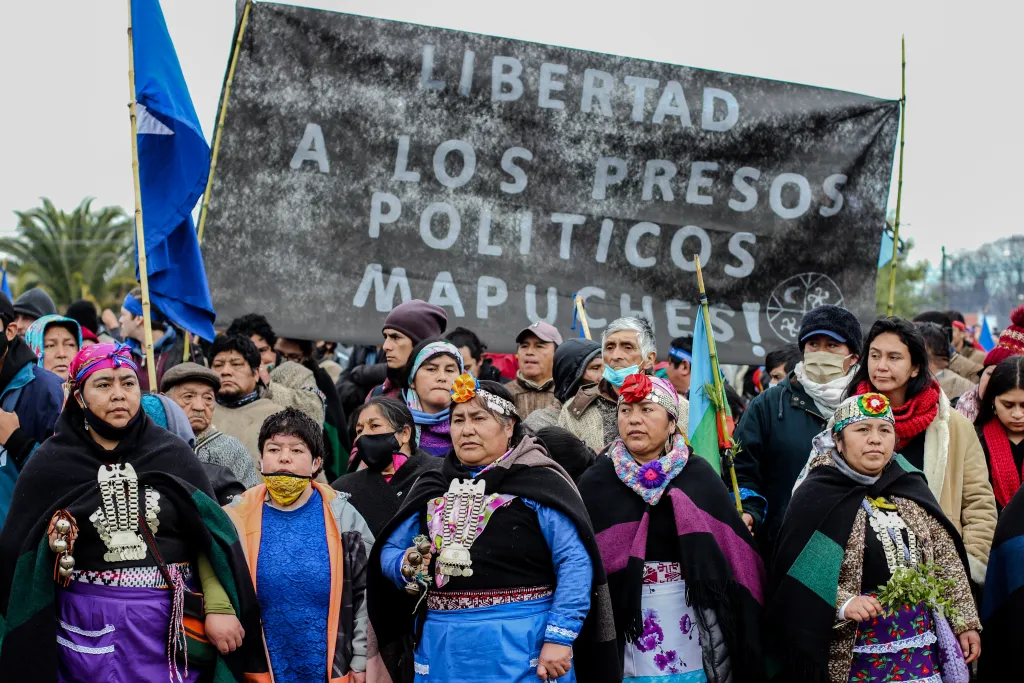Two prisoners have died in Pamplona prison since March, according to Salhaketa.
- At a hearing on Wednesday, Salhaketa, ETXERAT, Altsasu Gurasoak and Sare have denounced the poor management of prisons in the face of the health emergency. Salhaketa has taken advantage of his hearing to report that two prisoners have died in the Pamplona prison in recent months. With these deaths, eight prisoners have died in prisons in the Basque Country this year.

Salhaketa, Etxerat, Altsasu Gurasoak and Sare appeared this Wednesday in the media to denounce the "poor" prison management carried out by the Secretary of State for Prison Surveillance following the health crisis. They have pointed out that the measures taken in response to the appearance of the coronavirus have directly influenced the welfare of prisoners, affecting the situation of prisoners. The most serious collateral damage is the deaths in prison, and in this regard, Salhaketa has denounced that since last March two prisoners have died in prison in Pamplona.
One of the two deceased prisoners has died on the return of "March-April", according to sources reported by the association, although he has subsequently learned of his death. “We don’t have much data,” said Salhaketa spokesman Libertad Frances. The other deceased prisoner died in August and, according to Salhaketa, was reported to have a psychological condition, although he had a police history. In this second case, the cause of death is also unclear, and although the prison has informed them that it was the result of an overdose, Salhaketa does not rule out that the prisoner has committed suicide. The association notes that this second death was a direct consequence of the measures taken during the health crisis, since, despite drug addiction and psychological illnesses, the prisoner had not been treated since March. “They have been subjected to more stringent isolation, and that is the result,” Francese stressed.
With these two deaths in the Pamplona prison, there are eight prisoners who have died this year in prisons in the Basque Country. In 2020, two prisoners were killed in Martutene prison, and four in Zaballa prison.
Leaving the lockdown behind, but not going back to the first
The four agents have pointed out that the Spanish Prison Surveillance Secretariat has continued to manage the pandemic of violations of prisoners' rights, although the recommendation of international agencies is to adopt measures that respect the rights of prisoners. They pointed out that the confinement meant the closure of the prisons and that the closure meant not only the closure of the prisons, but also the suspension of the benefits that the prisoners could receive. “They have been suspended from their journey through prison legislation and there has been no compensation,” said Gorka García de Etxerat. Although prison measures have also been decreasing as the confinement is accelerating, they indicate that the situation has not returned to the same situation to date. Prisoners continue to suffer cuts in communications and activities and without fixed health criteria.
The following example clearly shows the harm caused by the lack of health criteria: in fact, according to a Prison Surveillance document, only prisoners who have been at risk of COVID-19 infection should be isolated. But they have reported that all prisoners who come from the street are systematically isolated. “There is no fixed criterion. Some two days ago and others, ten,” they explained.
The four agents have asked the Government of Navarra to assume responsibility for health and housing. They have pointed out that in the Pamplona prison there are three doctors at present, two more than in March, but that the doctors themselves have also indicated that three toilets are not enough. “Before the health crisis there was already a large medical deficit in all prisons,” Francese stressed.
Alarma jo du, beste urte batez, OIP Presondegien Nazioarteko Behatokiak. Abenduaren lehenean marka berri bat hautsi zen frantses estatuan, 80.792 pertsona atxiloturekin. Espetxe-administrazioaren aitzinikuspenen arabera, gainera, 86.000 baino gehiago izan litezke 2027an egungo... [+]








